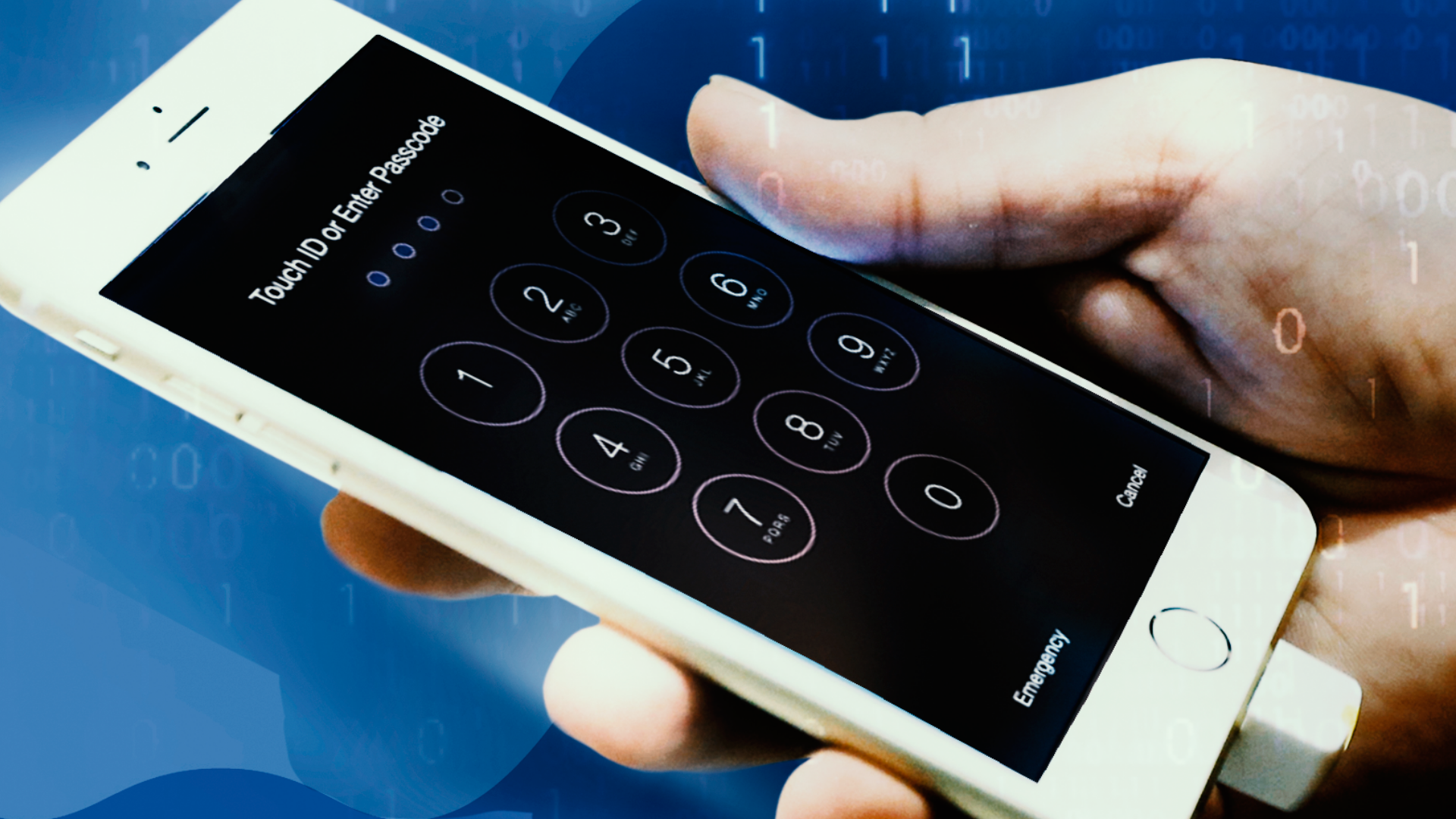WASHINGTON D.C., DC — Quick, how much private stuff do you have on your cell phone? Embarrassing texts? Intimate photos? Secret contacts?
Your right to keep that stuff private is under fire.
In Florida, William Montanez just got out of jail after spending 44 days behind for refusing to give up his phone passcode.
"I don't know the code, sir," he told the judge in video from the courtroom captured by the Fox affiliate in Tampa.
Police had pulled him over for failure to yield, found a joint in his car, and demanded he open up his phone.
His lawyer, Patrick Leduc, said the case goes way beyond Montanez, potentially allowing the government to go on a fishing expedition through the most private details of our lives.
"If the standard is, 'Well, I’ve arrested you, now I can search your entire life,' well that is really empowering government," he said. "And I’m not sure we want to give the government that kind of power."
Prosecutors got a warrant to force Montanez to open his phone. And a judge locked him up when he still refused.
It's well-established that police need a warrant to search your cell phone. But forcing you to share your passcode is a step beyond that.
If you're making me say, to open up my phone that's 262626," said Leduc, "I'm actually saying something. I'm actually testifying. I'm giving you information. It violates my 5th Amendment right against self-incrimination."
Around the country, there are no laws and a handful of sometimes conflicting decisions on on the passcode issue. It's under debate in Pennsylvania, New Jersey -- and Virginia, where the Alexandria Commonwealth's Attorney said they cannot force you.
"It's like forcing someone to confess," the prosecutor said. "In a civil society, we have to strike a balance." He said police need to use other tools to crack even the most heinous cases.
Ironically, the older passcode technology may give you more rights. Face identification and fingerprint sensors may leave you more vulnerable, because they don't require you to testify potentially against your interests.
The courts have long held police can get a warrant requiring you to give up your fingerprints.
Montanez finally got out of jail after pleading to a misdemeanor marijuana possession. Police never got into his phone.
OTHER STORIES

